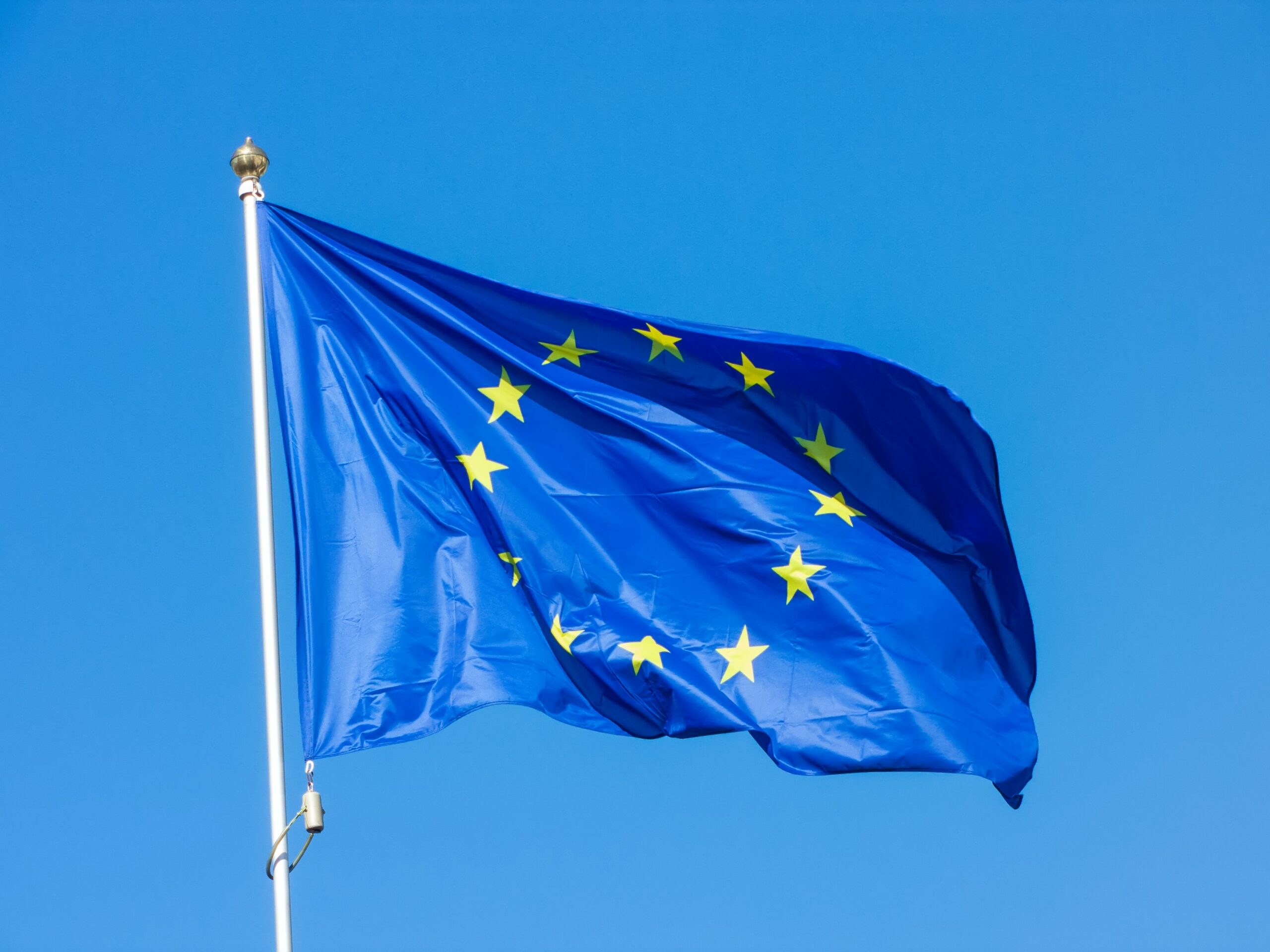FIW-PB 57 EU’s Single Market at 30

In the recently published FIW Policy Brief No. 57, Fritz Breuss (WIFO, Vienna University of Economics and Business Administration) takes stock of the effects of the European Single Market and points out the challenges for economic policy to safeguard and further develop the European fundamental freedoms.
Abstract:
With the establishment of the Single Market in 1993, the EU created the centerpiece of European Integration. The Economic and Monetary union (EMU) with the introduction of the Euro should complete the economic integration. The anniversary of 30 years of EU’s SM offers the opportunity to evaluate what has been achieved and what still needs to be accomplished. With the SMP the EU started with a noble goal to create a free market comparable to that of the USA. Over the last decade, however, a series of crises have prevented the goals from being achieved: the global financial crisis 2008, the Great Recession 2009, followed by the Euro crisis in 2010. Ten years later, the COVID-19 crisis 2020/21 shocked Europe, followed by the energy crisis (connected with Russia’s invasion of Ukraine) in 2022. The last two crises have even led to deviating from the path of the free-market economy and to embark – via emergency measures – into a controlled market economy, if not into a semi-planned economy. Nevertheless, overall, the creation of EU’s SM had increased prosperity via an intensification of intra-EU trade.
Fritz Breuss (WIFO, Vienna University of Economics and Business)
EU’s Single Market at 30
FIW-Policy Brief Nr. 57
January 2023
Publication-Language: English
The Policy Brief was presented at the 48th FIW Lecture on January 26, 2023.
Im kürzlich erschienenen FIW Policy Brief Nr. 57 zieht Fritz Breuss (WIFO, Wirtschaftsuniversität Wien) Bilanz über die Auswirkungen des Europäischen Binnenmarktes und zeigt die wirtschaftspolitischen Herausforderungen zur Sicherung und Weiterentwicklung der europäischen Grundfreiheiten auf.
Zusammenfassung:
Mit der Errichtung des Binnenmarktes im Jahr 1993 hat die EU das Herzstück der europäischen Integration geschaffen. Die Wirtschafts- und Währungsunion (WWU) mit der Einführung des Euro sollte die wirtschaftliche Integration vollenden. Der Jahrestag des 30-jährigen Bestehens der EU-BM bietet die Gelegenheit zu bewerten, was erreicht wurde und was noch erreicht werden muss. Mit der SMP begann die EU mit dem hehren Ziel, einen freien Markt zu schaffen, der mit dem der USA vergleichbar ist. In den letzten zehn Jahren haben jedoch eine Reihe von Krisen die Verwirklichung der Ziele verhindert: die globale Finanzkrise 2008, die Große Rezession 2009, gefolgt von der Eurokrise 2010. Zehn Jahre später erschütterte die COVID-19-Krise 2020/21 Europa, gefolgt von der Energiekrise (im Zusammenhang mit dem Einmarsch Russlands in der Ukraine) im Jahr 2022. Die letzten beiden Krisen haben sogar dazu geführt, dass man vom Weg der freien Marktwirtschaft abgewichen ist und sich – über Notmaßnahmen – in eine kontrollierte Marktwirtschaft, wenn nicht gar in eine Halb-Planwirtschaft begeben hat. Dennoch hat die Schaffung der EU-SM insgesamt den Wohlstand durch eine Intensivierung des EU-Binnenhandels erhöht.
Fritz Breuss (WIFO, Wirtschaftsuniversität Wien)
EU’s Single Market at 30
FIW-Policy Brief Nr. 57
Jänner 2023
Publikationssprache: Englisch
Der Policy Brief wurde auf der 48. FIW-Vorlesung am 26. Januar 2023 vorgestellt.